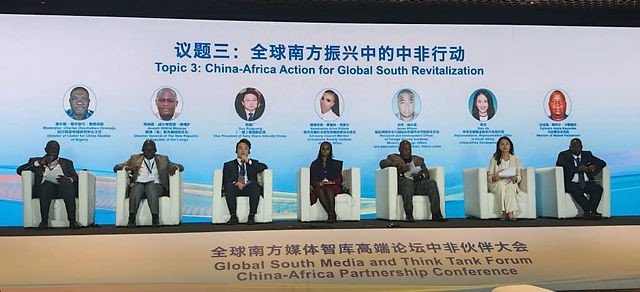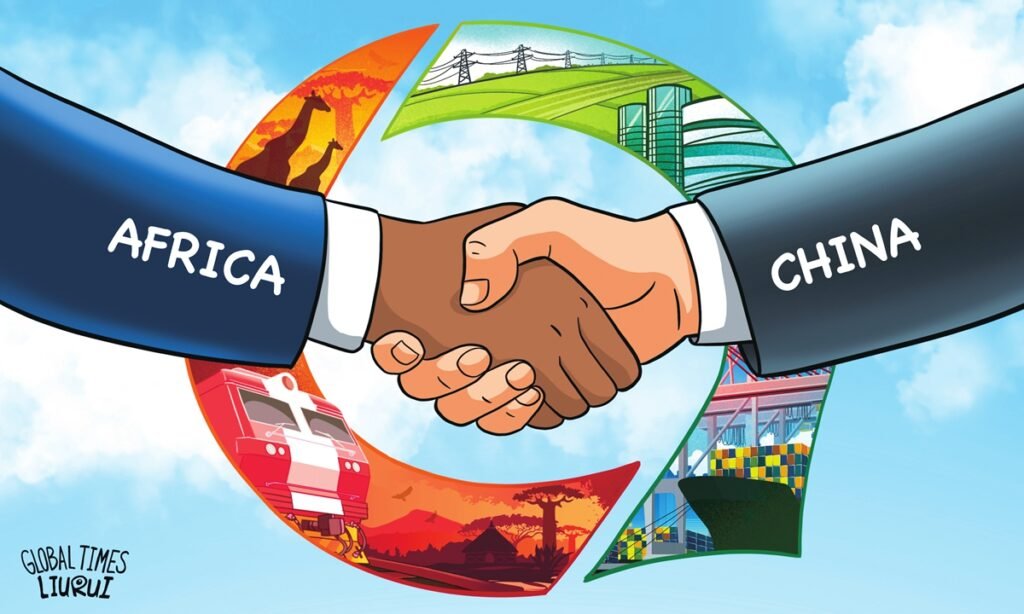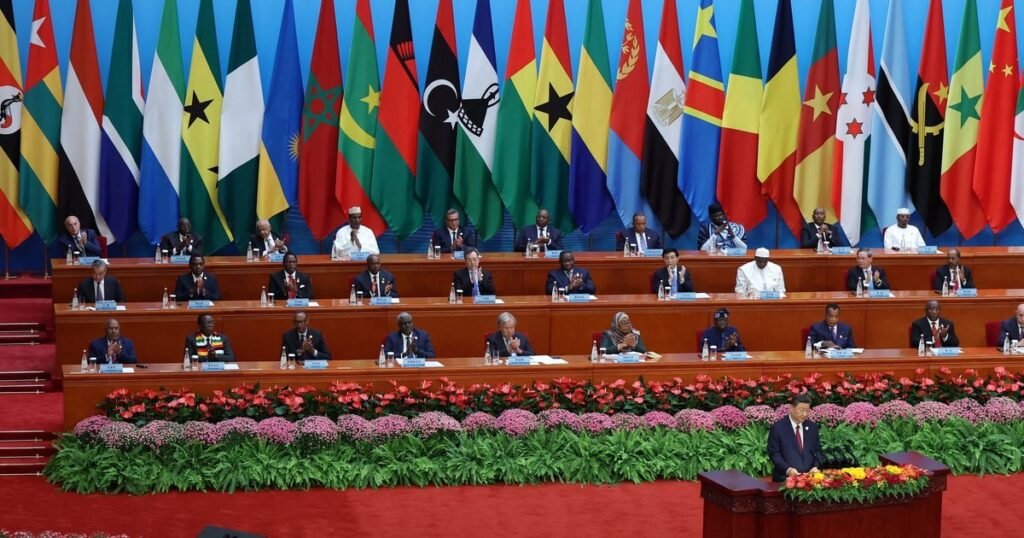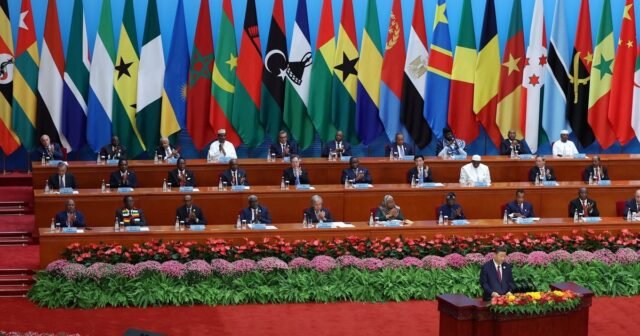In a landmark move during the G20 Summit in Johannesburg, China and South Africa unveiled the “Initiative on Cooperation Supporting Modernisation in Africa”, a joint commitment to bolster the continent’s development in a way that reflects African aspirations and values.
Table of Contents

Framing a New Vision for Africa’s Future
On November 22, 2025, China and South Africa formally launched their initiative, underscoring a shared belief: modernisation should not be the preserve of developed nations. This partnership aims to provide African states with the technical, financial, and political support necessary to accelerate industrialisation, build resilient infrastructure, and deepen integration across the continent. At its heart, the initiative pledges to uphold Agenda 2063, Africa’s blueprint for growth, and promote the African Continental Free Trade Area as a foundation for inclusive prosperity, according to Xinhua News.
This is not just a development plan — it’s a diplomatic signal. Beijing and Pretoria are presenting a model of cooperation that embraces African ownership, with respect for sovereignty, shared benefits, and sustainable growth. The language of the initiative focuses on “joint contribution” and “non-interference,” positioning it as a long-term, principled partnership.

Key Pillars of the Initiative
The cooperation framework rests on several core principles and action areas:
- Justice and Equity
The initiative asserts respect for African nations’ sovereignty, emphasising that modernisation must reflect self-determined development paths. - Open, Win-Win Cooperation
Rather than a donor-recipient dynamic, the partnership is cast as equal and mutually beneficial. China pledges to help African countries integrate into global industrial and supply chains without forging dependence. - Peace and Security
Economic development is tied to stability: the initiative calls for “African solutions” to conflicts, and wants cooperation to contribute to peace through inclusive growth. - Infrastructure Development
There is a strong focus on major infrastructure projects, especially under the Programme for Infrastructure Development in Africa (PIDA). The aim is to support resilient, world-class infrastructure — roads, railways, power systems — that can anchor industrial growth. - Capacity Building
Technical assistance and training are foregrounded. Through knowledge sharing, China will support African nations in designing and implementing strategies suited to their own conditions. - Institutional Modernisation
The initiative underscores the importance of institutions — governance, regulatory frameworks, and regional organisations — and encourages reforms that align with African-led developmental goals.
Why This Matters: China’s Stakes and Africa’s Gains
For Africa
The initiative offers African countries a path to modernise without relying exclusively on Western aid models. The priorities reflect long-standing African goals — industrialisation, autonomy, and equitable integration into the global economy. By aligning with Agenda 2063, the cooperation is deeply rooted in the continent’s own development strategy. This could unleash a new wave of infrastructure-led growth, capacity building, and trade integration.
For China
Bridging modernisation with Africa strengthens China’s role as a development partner of the Global South. It doubles down on Beijing’s narrative of win-win cooperation and showcases its ambition to be not just a financier, but a co-developer. At a time when global tensions are rising, China’s leadership in Africa offers diplomatic leverage and economic opportunities, reinforcing its global influence.
Challenges and Risks Ahead
While the announcement makes for strong optics, the initiative faces several realistic headwinds:
- Financing burden: Large-scale infrastructure and capacity programs demand huge investments. Questions will arise about debt sustainability for African partners.
- Governance: Effective implementation relies on transparent, efficient institutions, which remain a challenge in regions with weak governance structures.
- Geopolitical friction: As China deepens its footprint in Africa, other global powers may push back, leading to geopolitical competition or conditionalities.
- Local ownership: Ensuring that African nations truly steer the projects will be vital; otherwise, it risks being perceived as another donor-driven agenda.
Broader Context: China’s Ongoing Confidence Play
This initiative fits into a wider pattern of China projecting stability and ambition. Officials are increasingly vocal about meeting China’s 2025 development targets, despite global uncertainty.
President Xi Jinping, for his part, has described China’s economy as “big, resilient and promising,” even as external risks persist. Experts globally are echoing that sentiment, calling China’s ~5 percent growth target both “reasonable” and “attainable.” Foreign business leaders, too, are reaffirming China as an “oasis of certainty” amid rising protectionism, according to the State Council Information Office.
Against that backdrop, the Africa modernisation initiative is more than development cooperation — it’s a geopolitical statement.

Conclusion
China and South Africa’s new cooperation initiative is bold and comprehensive. By advancing infrastructure, technical partnerships, and African-led development, it stakes a claim to be a cornerstone of Africa’s transformation in the next decades.
Whether this becomes a game-changer will depend on how deeply the principles translate into practice: are projects African-led or externally driven? Will the funds lead to debt stress or real capacity? How will competing global powers respond?
But make no mistake — this is more than aid. It’s a clear signal that China sees modernisation not just as economic growth, but as shared global progress — with Africa firmly part of that future.
Join Our Social Media Channels:
WhatsApp: NaijaEyes
Facebook: NaijaEyes
Twitter: NaijaEyes
Instagram: NaijaEyes
TikTok: NaijaEyes





